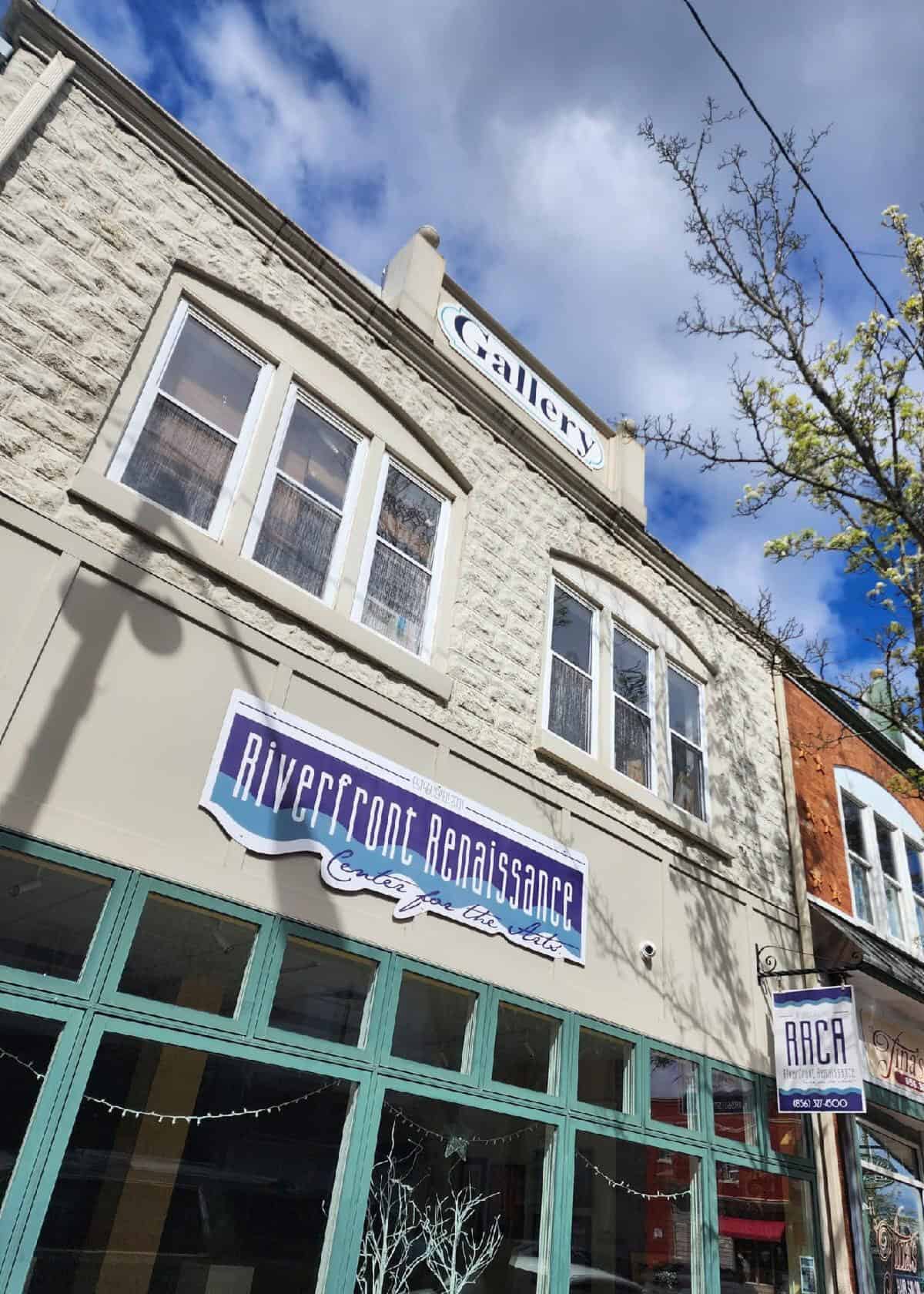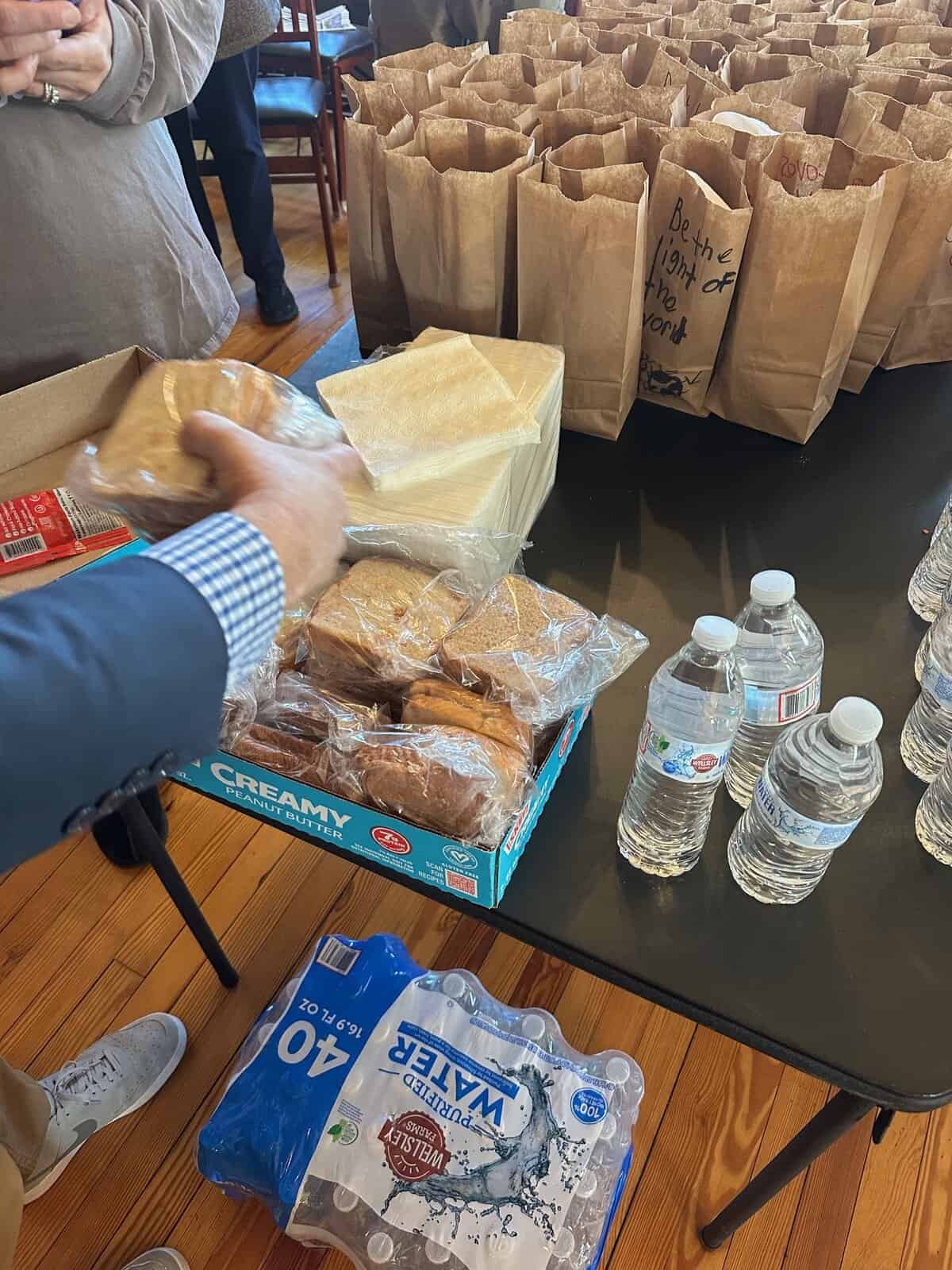Farmland Forever
New Jersey Farmland Preservation Program reaches 250,000-acre milestone in 40th anniversary year.

Salem County’s Mecouch Family Farm is the 2,847th farm preserved through New Jersey’s Farmland Preservation Program and the farm that pushed the program over the 250,000-acre mark.
Rose Mecouch, who owns the farm with her husband Cliff, said, “This is the second farm we have preserved, and we intend for it not to be the last. We and our children Kelsi, Amanda, Kyle, and Casandra don’t want to see overdevelopment of good farmland and want to help ensure young people, including our three grandchildren, know the value and benefits of farm-fresh food.”
Gov. Phil Murphy and Assistant Secretary of Agriculture Joe Atchison announced that New Jersey has reached the milestone of preserving 250,000 acres of farmland through the State’s Farmland Preservation Program. On the 134-acre Mecouch Family Farm in Quinton, Salem County, the milestone and anniversary were commemorated recently by Atchison and Mecouch family members.
Dignitaries in attendance included Salem County Commissioner Mickey Ostrum, Vice-Chair of the Salem County Agriculture Development Board Dean Sparks, Quinton Mayor Marjorie Sperry, New Jersey Conservation Foundation Co-Executive Director Jay Watson and State Agriculture Development Committee Executive Director Susan Payne.
“The protection of farmland is critical to ensuring the continued success of our farming industry and in keeping the ‘garden’ in the ‘Garden State,’ ” Gov. Murphy said. “This milestone also highlights the direct connection between protecting agricultural lands and achieving other key initiatives such as increased food security, climate resiliency, and the protection of water resources. This historic achievement underscores the value of our state’s farmland preservation program, which serves as a model for the nation, and protecting 250,000 acres of farmland is genuinely remarkable. I want to personally thank the Mecouch family for helping us reach this incredible milestone and look forward to seeing another 250,000 acres protected in the future.”
“Forty years ago, the Agriculture Retention and Development Act was signed into law, establishing the framework for implementing New Jersey’s Farmland Preservation Program,” said Joe Atchison, assistant secretary of agriculture. “The incredible success of New Jersey’s farmland preservation program would not have been possible without the tireless commitment of all the farmland preservation partners—state and local government, the nonprofit community, farmland owners, and the agricultural community.”
“New Jersey is enormously grateful to both farmland owners who decide to preserve their land, and who leave behind a great conservation legacy, and to the thousands of farmers who work these lands to provide New Jersey residents access to fresh, locally grown food and farm products,” said Susan Payne, executive director of the State Agriculture Development Committee (SADC), the state agency that administers the program. “The SADC will continue to work to support the economic viability and environmental sustainability of all New Jersey farms now, and for generations to come.”
With this milestone, over one-third of all of New Jersey’s farmland has been preserved under the program, and the State is approximately halfway to its goal of permanently preserving at least 500,000 acres of farmland. The SADC preserves farmland directly with landowners and provides grant funding to counties, municipalities, and nonprofit entities to preserve farmland consistent with local agricultural and farmland preservation plans. The program also provides grants to owners and operators of preserved farmland for soil and water conservation projects, including irrigation, erosion control, manure facilities, and for the construction of deer fencing.
For more information about the farmland preservation program and the State Agriculture Development Committee, visit nj.gov/agriculture/sadc
In Cumberland County
There are currently 237 farms, or 22,330 acres, preserved under the state’s Farmland Preservation Program in Cumberland County, and the county has an additional 14,390 acres targeted for preservation. According to the NJ Farmland Assessment 2019 (tax year 2020), Cumberland County has 90,176 acres in farmland assessment, so about 24.8 percent of the county’s farm assessed lands are preserved.
—Thomas Allen, AICP, Senior Planner, New Jersey State Agriculture Development Committee







